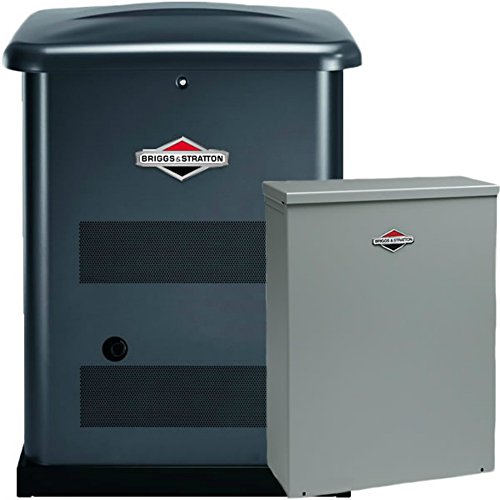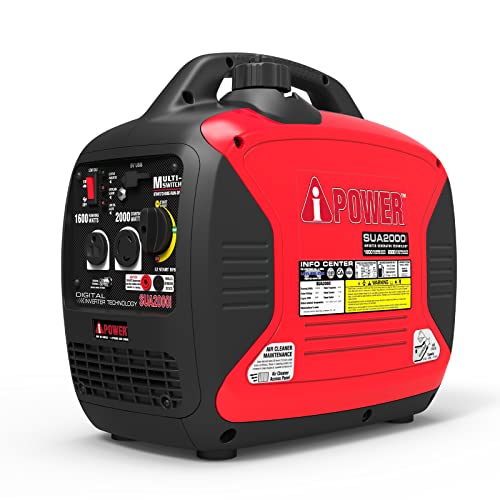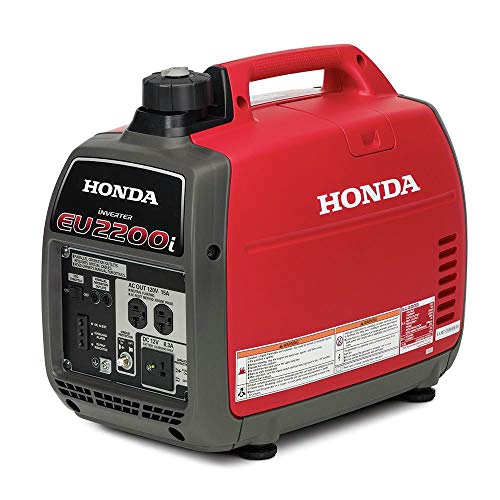Most homes could benefit from an emergency home power supply. To determine your need simply ask yourself what would happen if the power were to go out? The reason can be a storm that brings down power lines via wind or heavy snow accumulation, thus interrupting power. Another reason in the past, and could repeat, was overloading a power grid. This would cause temporary power outages as some customers would be left without power, usually as a roving outage, so the remainder of the grid could be supplied. Now, in California, we are seeing a power company cut power to reduce the potential of wildfires, thereby causing prolonged outages.
Regardless of the reason the power goes out, there are problems to deal with. Thinking about what potential problems, or inconveniences, you might experience can help you determine which remedy is best for you.
























 Multivariable Calculus: Gradient, Divergence, and Curlon 12/19/2025
Multivariable Calculus: Gradient, Divergence, and Curlon 12/19/2025
 UAPs, Formerly UFOs, If They Are Real How Can We Explain Their Arrival to Earth?on 12/18/2025
UAPs, Formerly UFOs, If They Are Real How Can We Explain Their Arrival to Earth?on 12/18/2025
 Polar Coordinate Systemon 12/16/2025
Polar Coordinate Systemon 12/16/2025
 Aurora Can Disrupt Electrical Devices And Even the Grid?on 12/15/2025
Aurora Can Disrupt Electrical Devices And Even the Grid?on 12/15/2025



Comments
In some neighborhoods we have buried power, but much of the infrastructure is above ground. Power outages in above ground cables is more prevalent. We must realize the below ground power is for aesthetics, and between the upscale neighborhoods and the power substation it is likely much of the feeder line is above ground.
As for natural gas generators, I know some people who have bought them, and they do cycle on occasionally, I believe about once a month, briefly. If one uses propane the tank must be attached for such a check, otherwise it would not cycle on.
blackspanielgallery, Thank you for the practical information and the product lines.
Does Louisiana have both above- and below-ground power lines? Does power outage affect them the same?
It's a bit surprising to read about natural gas generators that "The unit must operate on brief periods whether or not power has been disrupted, as a means of assuring the generator will function properly when needed." In contrast, of course, it's not surprising to read about recharging batteries since I know from experience -- ;-D -- about non-functioning batteries in a car that isn't used for awhile.